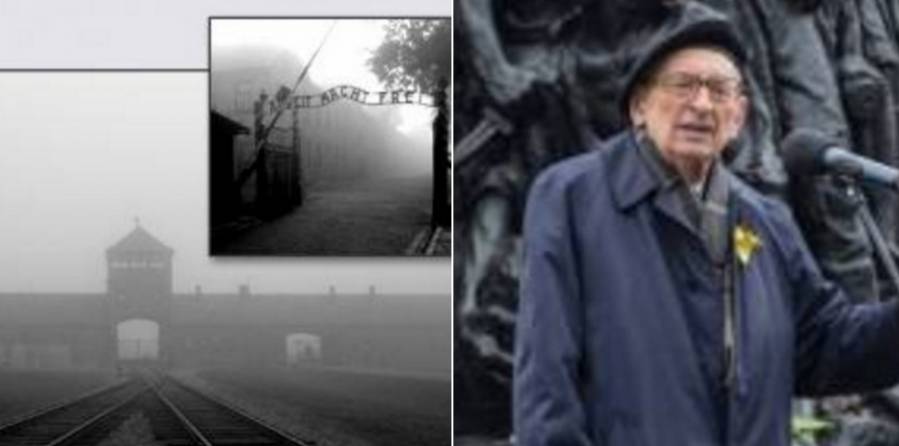A World That Didn’t React and Isn’t Now

This 72nd anniversary of the liberation of the Nazi death camp at Auschwitz-Birkenau feels frighteningly different from previous years. Developments over the last year have meant that for the first time very many people are confronting the possibility of a rise in totalitarianism, with the question “how could it happen?” no longer something for enlightened history teachers to discuss with their students.
One of the people who was determined that we should learn from the past was Władysław Bartoszewski, himself a prisoner at Auschwitz before the Nazis turned it into a death camp. Bartoszewski later became an active member of Żegota - the Polish Council to Aid Jews which is believed to have helped around half of the Jews who survived the Holocaust in Poland. He also took part in the Warsaw Uprising. After the War he became a historian, explaining:
“I was one of those who considered such research to be my moral duty. Since I had survived and so many others – acquaintances and people I didn’t know, Poles and Jews – had perished, I had to bear testimony to the truth.”
One of his works seems especially poignant now. Ten Jest z Ojczyzny Mojej was one of the first documented records of Poles who helped Jews to survive during the Nazi occupation. The title is from a poem by Antoni Słonimski in which the poet writes that he who can forget about his own country and feel a brother of all those – a Jewish mother, the Czech people, Yugoslavs, Ukrainians – who are suffering, “that person is from my Motherland. He is a man”.
On the eve of the seventieth anniversary in 2015, Bartoszewski wrote:
“This year in the world’s largest cemetery without graves, Polish prisoner No. 118 Kazimerz Albin and Polish Jew, and Israeli citizen, Halina Birenbaum will speak on behalf of the prisoners. They will speak in Polish, on Polish soil remembering which people – of which nationality and ideology – prepared this fate for other people.
For us a fundamental question is: how much truth about those terrible experiences has already been taken in, and how much truth about the crimes of any totalitarian regimes we can manage to pass to younger generations. I think a lot, but not enough. It’s never enough!”
One of the other members of Żegota was Jan Karski, who risked his life several times to cross into “the free world” and tell western governments about the Holocaust. He tried in vain to get Britain, the USA and other countries not under occupation to react.
Please view the video here and hear the words spoken by Jan Karski that the world refused to hear
https://youtube.com/watch?v=b6Z2vrmL5eo
There were others who refused to turn away. Irena Sendler, another member of Żegota saved the lives of 2, 500 (not a typo: two thousand, five hundred) children from the Warsaw Ghetto.
“There was one choice: either I accept what I regard as evil, or I refuse to accept it. No other.” Władysław Bartoszewski
(Halya Coynash)




